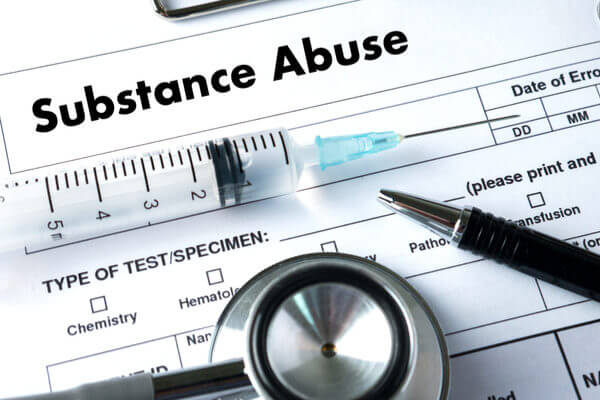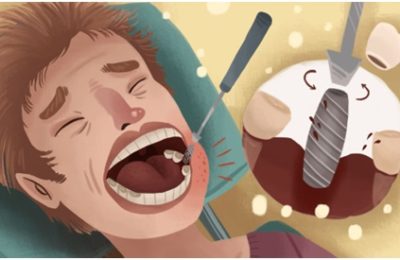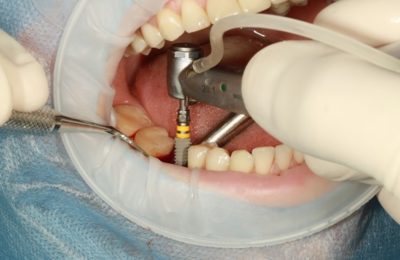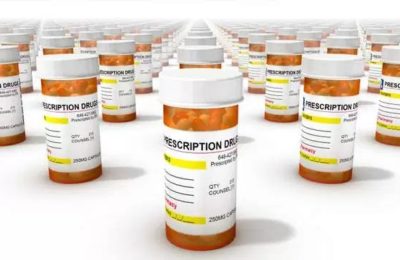A co-occurring disorder is a condition where a person suffers from substance abuse and a mental health problem at the same time. It is sometimes referred to as dual diagnosis. The severity of the disorder can vary. Some people with co-occurring disorders have a severe mental problem and a mild addiction or vice versa. It is also common for the disorder to get worse over time.
Why a Co-Occurring Disorder can be Difficult to Diagnose
It can be difficult to diagnose this condition because a drug or alcohol addiction can sometimes mask the symptoms of a mental illness. It is also easy to mistake the symptoms of a mental health problem for an addiction. Furthermore, people may use an addicting substance to cope with a mental illness and numb the psychological pain that they are feeling.
However, using drugs to treat a mental illness is ineffective. Not only is it ineffective, but it can also worsen the problem. People will not be able to develop effective coping skills or have satisfying relationships. Self-medication in response to depression or another mood disorder also has the potential to lead to addiction. If you develop an addiction alongside an existing mental health problem, seeking residential drug treatment near you may be the only way to solve the problem. This could take weeks, months, or even years depending on the severity of the dual diagnosis.
What Happens if a Co-Occurring Disorder is Not Treated
People who have a co-occurring disorder are more likely to have financial problems and be hospitalized. They are also at a greater risk for becoming suicidal and homeless. Serious medical problems, isolation, and early death are some of the other problems that are linked to co-occurring disorders. However, this is all based on the assumption that an individual does not seek treatment. If they decide to get help and stick to the path to recovery, the dangers associated with dual diagnosis are rapidly diminished.
Causes
There are a variety of environmental and biological factors that can lead to co-occurring disorder. Studies have also shown that substance abuse can trigger mental illness symptoms. Additionally, people who have a mental illness are more likely to develop an addiction. However, focusing on a “what came first, the chicken or the egg?” approach to dual diagnosis is often detrimental to the patient. What’s important is addressing the issues as they exist, rather than trying to figure out which came first.
The Importance of Integrated Treatment
Many people receive treatment for one disorder and not the other. However, both disorders have to be treated at the same time. Treating one disorder will not help the other one to improve. That is why integrated treatment for dual diagnosis is essential. Additionally, the treatment plan has to be individualized in order for a person to get the best results. The underlying causes also have to be treated.
It is hard enough to live with a mental problem or drug addiction. However, when a person has them both at the same time, it can be even harder to cope with. The good news is that new research about dual diagnosis is coming out every day.













